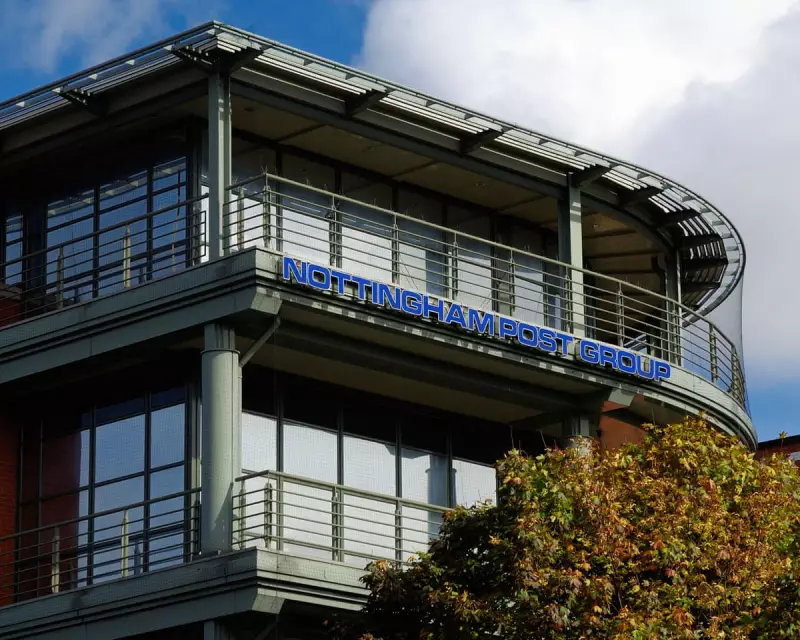
In a dramatic move echoing Donald Trump's adversarial relationship with the media, Reform UK councillors in Nottinghamshire have declared a formal boycott against the local newspaper, the Nottingham Post. The group alleges consistently negative and biased coverage of their first 100 days in power.
The boycott was publicly announced by Councillor Matthew Faithfull, who represents the Toton, Chilwell and Attenborough ward. He declared that he and his party colleagues would cease all cooperation with the newspaper, effectively creating a media blackout. This includes refusing interviews, not responding to enquiries, and denying access to council meetings.
The 'Fake News' Defence
Faithfull's statement directly borrowed rhetoric from the former US president, accusing the publication of producing "fake news" and acting as an attack dog for the political establishment. He claimed the Post's reporting was designed to undermine the new councillors rather than to inform the public.
This strategy of shunning the press is a notable departure from traditional British political engagement, where maintaining a relationship with local media is considered a fundamental part of a councillor's role in being accountable to their constituents.
A Blow to Local Democracy and Journalism
Media analysts have sounded the alarm, warning that such boycotts are profoundly damaging to local democracy. A free and functioning press is essential for holding elected officials to account and ensuring transparency in local government decision-making.
The boycott also strikes another blow to the struggling local news industry. Titles like the Nottingham Post, part of the Reach PLC group, already face immense financial pressures from declining print revenues and online competition. Being frozen out by a sitting administration further hinders their ability to report on matters of significant public interest.
Industry Backlash and Defence
The National Union of Journalists (NUJ) condemned the move, labelling it an attempt to bully and intimidate journalists from doing their job. A spokesperson stated that elected officials have a duty to answer to the public they serve, and that duty is facilitated through a free press.
While the Nottingham Post has not issued a formal public response to the boycott, industry figures have rallied in its defence. Many argue that criticising elected officials is a core function of journalism and should not be misconstrued as bias, but rather as holding power to account.
The standoff in Nottinghamshire is being closely watched as a potential test case for whether such Trumpian tactics could be adopted by other political figures across the UK's local authorities.





